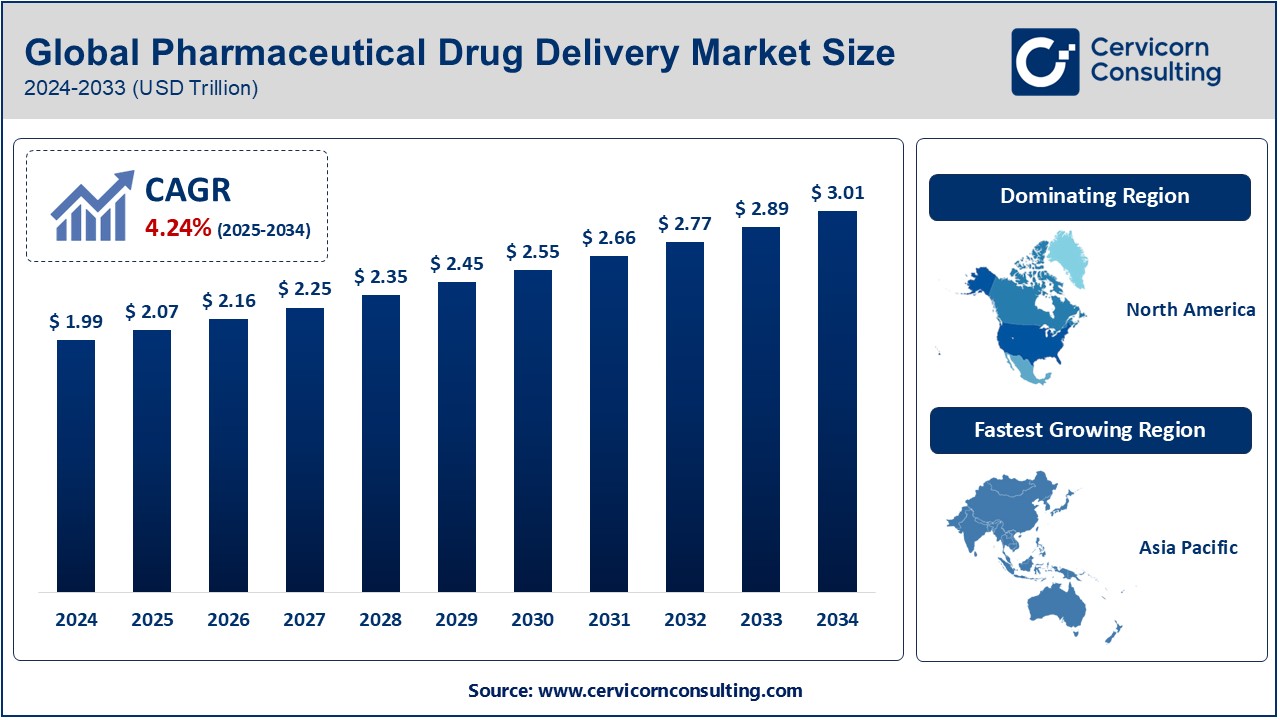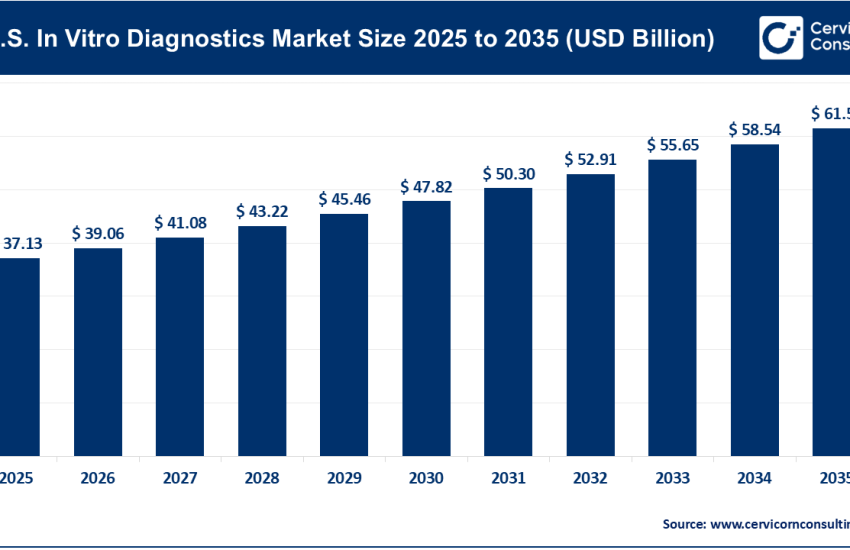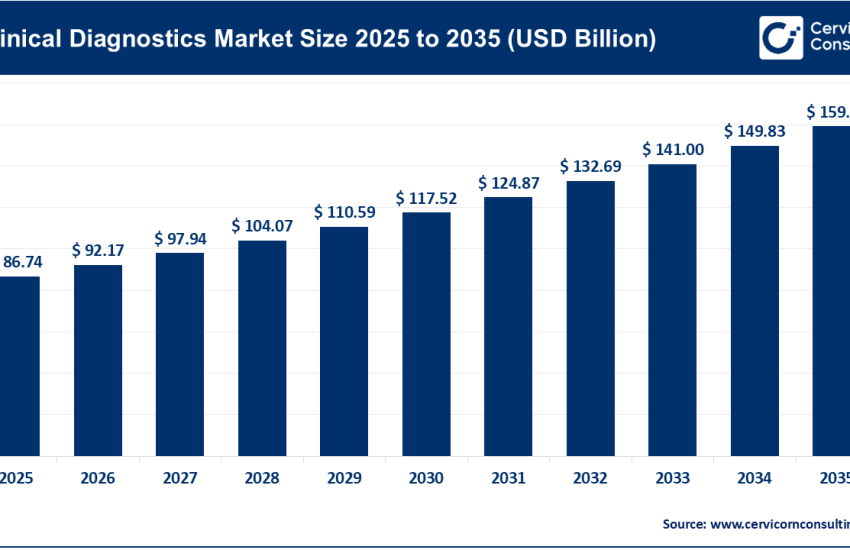Pharmaceutical Drug Delivery Market to Reach USD 3,011.50 Billion by 2034
Pharmaceutical Drug Delivery Market Growth
The global pharmaceutical drug delivery market was worth USD 1,993.22 billion in 2024 and is anticipated to expand to around USD 3,011.50 billion by 2034, registering a compound annual growth rate (CAGR) of 4.24% from 2025 to 2034.
The pharmaceutical drug delivery market is experiencing robust growth due to several converging factors. The rising prevalence of chronic diseases like diabetes, cancer, and cardiovascular conditions has increased demand for advanced drug delivery systems. Technological innovations, including nanotechnology, targeted therapy, and sustained-release formulations, are driving market expansion.
Additionally, increasing investments in research and development, growing geriatric populations, and the rising need for self-administration and home healthcare solutions are significant contributors. Favorable government policies and regulatory support for novel drug delivery systems further propel market growth. Moreover, the surge in biologics and biosimilars adoption necessitates sophisticated delivery mechanisms, amplifying market dynamics.
What is the Pharmaceutical Drug Delivery Market?
The pharmaceutical drug delivery market involves the technologies, systems, and methods used to transport a pharmaceutical compound within the body to achieve a desired therapeutic effect. Drug delivery mechanisms are essential in determining the bioavailability, efficacy, and safety of medications. These delivery systems range from conventional methods like oral tablets and injections to advanced solutions such as targeted drug delivery, controlled-release systems, and nanotechnology-based carriers. Innovations in drug delivery technologies aim to enhance the absorption, distribution, metabolism, and excretion of drugs, improving patient compliance and treatment outcomes.
Why is the Pharmaceutical Drug Delivery Market Important?
The pharmaceutical drug delivery market is crucial because it directly impacts the effectiveness and safety of treatments. Efficient drug delivery systems ensure that drugs reach their intended target in the right dosage and at the right time, minimizing side effects and maximizing therapeutic efficacy. The market also plays a vital role in the development of personalized medicine, enabling tailored treatments for individual patients. Additionally, innovative drug delivery solutions help in the treatment of complex diseases such as cancer, diabetes, and neurological disorders, thereby improving global healthcare outcomes. Enhanced drug delivery technologies also reduce healthcare costs by improving drug efficiency and reducing the need for frequent dosing or hospitalizations.
Get a Free Sample: https://www.cervicornconsulting.com/sample/2485
Pharmaceutical Drug Delivery Market Top Companies
1. Novartis International AG
- Specialization: Pharmaceuticals, generics, and biosimilars
- Key Focus Areas: Oncology, neuroscience, ophthalmology, immunology, respiratory diseases
- Notable Features: Extensive R&D capabilities, innovative drug delivery systems, strong biologics portfolio
- 2023 Revenue (approx.): $53 billion
- Market Share (approx.): 6.5%
- Global Presence: Operations in over 150 countries
2. F. Hoffmann-La Roche AG
- Specialization: Pharmaceuticals and diagnostics
- Key Focus Areas: Oncology, immunology, infectious diseases, neuroscience
- Notable Features: Leader in personalized healthcare and targeted drug delivery technologies
- 2023 Revenue (approx.): $68 billion
- Market Share (approx.): 8.2%
- Global Presence: Extensive global footprint across Europe, North America, and Asia-Pacific
3. Pfizer Inc.
- Specialization: Biopharmaceuticals
- Key Focus Areas: Vaccines, oncology, immunology, rare diseases
- Notable Features: mRNA vaccine technology, advanced drug delivery platforms
- 2023 Revenue (approx.): $81 billion
- Market Share (approx.): 9.5%
- Global Presence: Active in over 125 countries
4. Becton Dickinson & Company
- Specialization: Medical devices, instruments, and reagents
- Key Focus Areas: Drug delivery devices, diabetes care, biosciences
- Notable Features: Leadership in syringe and injection systems, innovative prefilled drug delivery systems
- 2023 Revenue (approx.): $19 billion
- Market Share (approx.): 3.2%
- Global Presence: Operations in more than 190 countries
5. GlaxoSmithKline PLC
- Specialization: Pharmaceuticals, vaccines, and consumer healthcare
- Key Focus Areas: Respiratory diseases, HIV, immunology, vaccines
- Notable Features: Strong inhalation drug delivery systems, vaccine delivery innovations
- 2023 Revenue (approx.): $45 billion
- Market Share (approx.): 5.3%
- Global Presence: Present in over 100 countries
Leading Trends and Their Impact
- Nanotechnology-Based Drug Delivery: The integration of nanotechnology in drug delivery allows for targeted therapies, improved solubility, and controlled drug release, leading to more effective treatments with fewer side effects.
- Personalized Medicine: Advances in genomics and diagnostics enable the development of personalized drug delivery systems tailored to individual patient needs, improving treatment outcomes.
- Biologics and Biosimilars: The growing adoption of biologics has accelerated the need for specialized delivery systems such as injectable devices and prefilled syringes.
- Smart Drug Delivery Systems: Incorporating IoT and AI in drug delivery devices enables real-time monitoring and dosage adjustments, enhancing patient compliance and treatment efficacy.
- Sustained and Controlled Release Formulations: These systems provide consistent drug release over extended periods, reducing dosing frequency and improving patient adherence.
Successful Examples of Pharmaceutical Drug Delivery Market
- Pfizer-BioNTech COVID-19 Vaccine: Utilized lipid nanoparticle technology for mRNA delivery, revolutionizing vaccine development.
- Novartis’ Cosentyx: A biologic for psoriasis delivered via auto-injector, enhancing patient convenience and adherence.
- Roche’s Herceptin SC: A subcutaneous formulation of trastuzumab allowing faster and more comfortable administration for breast cancer patients.
- GSK’s Ellipta Inhaler: An innovative device for respiratory treatments, improving drug delivery efficiency and patient compliance.
Regional Analysis Including Government Initiatives and Policies
North America
The North American market is driven by high healthcare expenditure, advanced healthcare infrastructure, and significant R&D investments. The U.S. FDA’s streamlined regulatory pathways encourage the development of innovative drug delivery systems. Government funding for research in nanotechnology and personalized medicine further stimulates market growth.
Europe
Europe benefits from strong government support for pharmaceutical innovations, especially in countries like Germany, the UK, and Switzerland. The European Medicines Agency (EMA) promotes safe and effective drug delivery systems. The EU’s Horizon 2020 program funds research in advanced drug delivery technologies.
Asia-Pacific
The Asia-Pacific region is witnessing rapid growth due to rising healthcare awareness, expanding healthcare infrastructure, and government initiatives supporting pharmaceutical manufacturing. Countries like China and India offer cost-effective manufacturing and have implemented policies to encourage biotech and pharmaceutical innovations.
Latin America
Latin America’s market growth is driven by improving healthcare access and increasing demand for advanced therapies. Brazil and Mexico are key contributors, with government programs aimed at enhancing healthcare delivery.
Middle East and Africa
The MEA region shows steady growth due to rising chronic disease prevalence and increasing government focus on healthcare modernization. Investments in healthcare infrastructure and partnerships with global pharmaceutical companies are fostering market development.
In conclusion, the pharmaceutical drug delivery market is evolving rapidly, driven by technological advancements, growing disease prevalence, and supportive regulatory environments. Leading companies continue to innovate in drug delivery technologies, significantly impacting global healthcare outcomes.
To Get Detailed Overview, Contact Us: https://www.cervicornconsulting.com/contact-us
Read Report: In Vitro Fertilization Market Growth, Trends, Top Companies, and Regional Insights (2024-2034)



